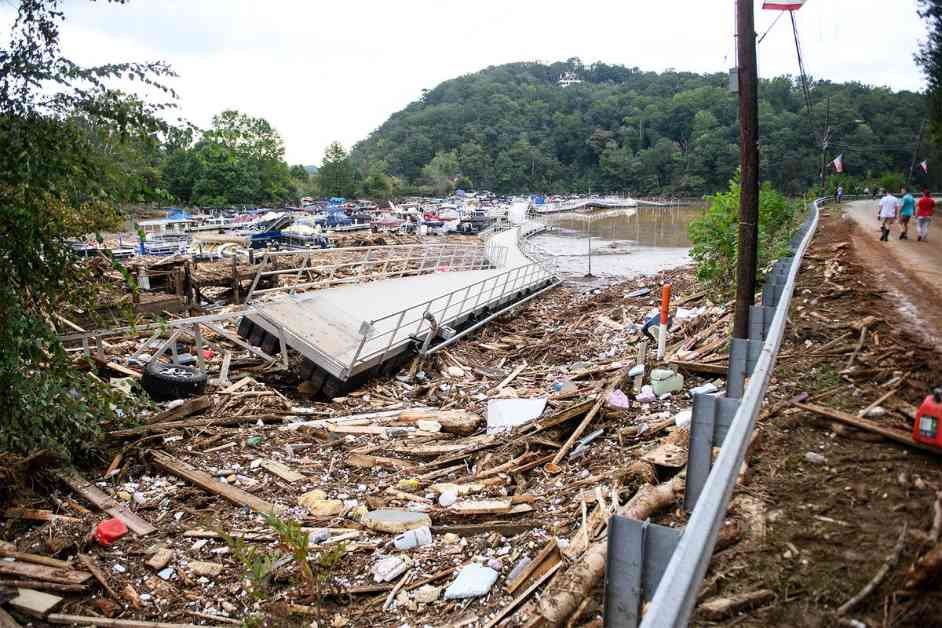Hurricanes have a devastating impact on public health, with recent research indicating that the true death toll from these natural disasters may take more than a decade to unfold. While official statistics typically report around 24 direct deaths from tropical cyclones in the U.S., a new study published in Nature suggests that the actual number of excess deaths ranges from 7,000 to 11,000 for each storm. This means that between 1950 and 2015, tropical storms and hurricanes caused between 3.6 million and 5.2 million excess deaths, surpassing the number of deaths from traffic accidents or infectious diseases.
The study, conducted by environmental economist Rachel Young from the University of California, Berkeley, and economist Solomon Hsiang from Stanford University, analyzed data from hurricanes that hit the U.S. between 1930 and 2015. They found that the impact of these storms extends far beyond the immediate aftermath, with excess deaths occurring for up to 15 years following a hurricane. This prolonged effect is attributed to various factors, including prolonged exposure to damaged or moldy environments, financial strain from repair costs, displacement from social support networks, and mental health burdens.
When examining the data by age groups, the study revealed that infants under the age of one faced the highest risk of storm-related excess deaths, with most of these fatalities occurring within two years after a hurricane. Additionally, the analysis showed that Black populations were at a higher risk of death compared to white populations, despite a larger number of white individuals being exposed to storms.
The findings of this study underscore the need for further research to understand the underlying causes of these excess deaths and to inform policymakers on how to better protect communities from the long-term health impacts of climate disasters. As hurricanes like Helene continue to wreak havoc on communities, it is crucial for government agencies, first responders, and healthcare providers to work together to mitigate the health consequences of these natural disasters and ensure the well-being of all individuals affected.










